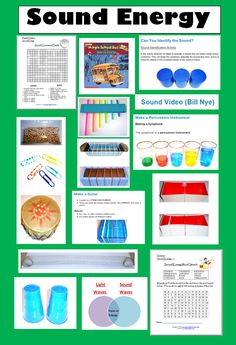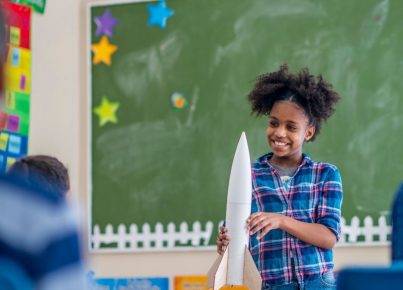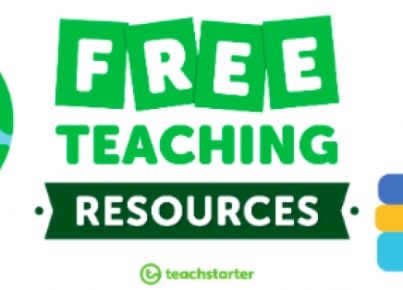Sound energy is a fascinating topic within the field of physics, often explored in school curriculums to teach students about the nature of sound, how it travels, and its different applications. As educators seek innovative ways to engage students in this concept, various teaching resources have become available to assist in delivering comprehensive and interactive lessons.
Interactive Websites
Interactive websites like PHET Interactive Simulations from the University of Colorado Boulder offer simulations that allow students to visualize sound waves and observe how they travel through different mediums. Students can manipulate variables such as frequency and amplitude to see how these factors affect sound.
Videos and Documentaries
YouTube channels like Khan Academy and CrashCourse provide a plethora of educational videos that delve into the science of sound. These resources are excellent for visual learners who benefit from animated explanations accompanied by expert narration.
Lesson Plans and Activity Guides
The National Science Teachers Association (NSTA) provides lesson plans that align with educational standards, ensuring that activities meet curriculum goals while being engaging. These plans often include hands-on experiments such as creating simple instruments or using tuning forks to demonstrate vibration.
Apps and Software
Applications like GarageBand and Audacity not only teach students about sound mixing but also introduce them to the physical properties of sound energy by enabling them to record and manipulate audio files.
Classroom Experiments
Instructables or Steve Spangler Science have numerous DIY experiments that can be conducted in the classroom, such as creating whispering galleries or visualizing sound waves through oscilloscopes or smartphone apps.
Books and Textbooks
Publishers like Scholastic offer books geared towards younger audiences with vivid illustrations and simple explanations, while textbooks designed for older students dive deeper into acoustics theory and mathematical descriptions of sound.
Professional Development Workshops for Teachers
Organizations like NSTA also host workshops and professional development conferences where teachers can learn new strategies for teaching about sound energy, often including practical demonstrations that they can recreate in the classroom.
By leveraging an array of sound energy teaching resources, educators can craft an immersive learning experience that captivates students’ interest and fosters a deeper understanding of this core scientific principle.





